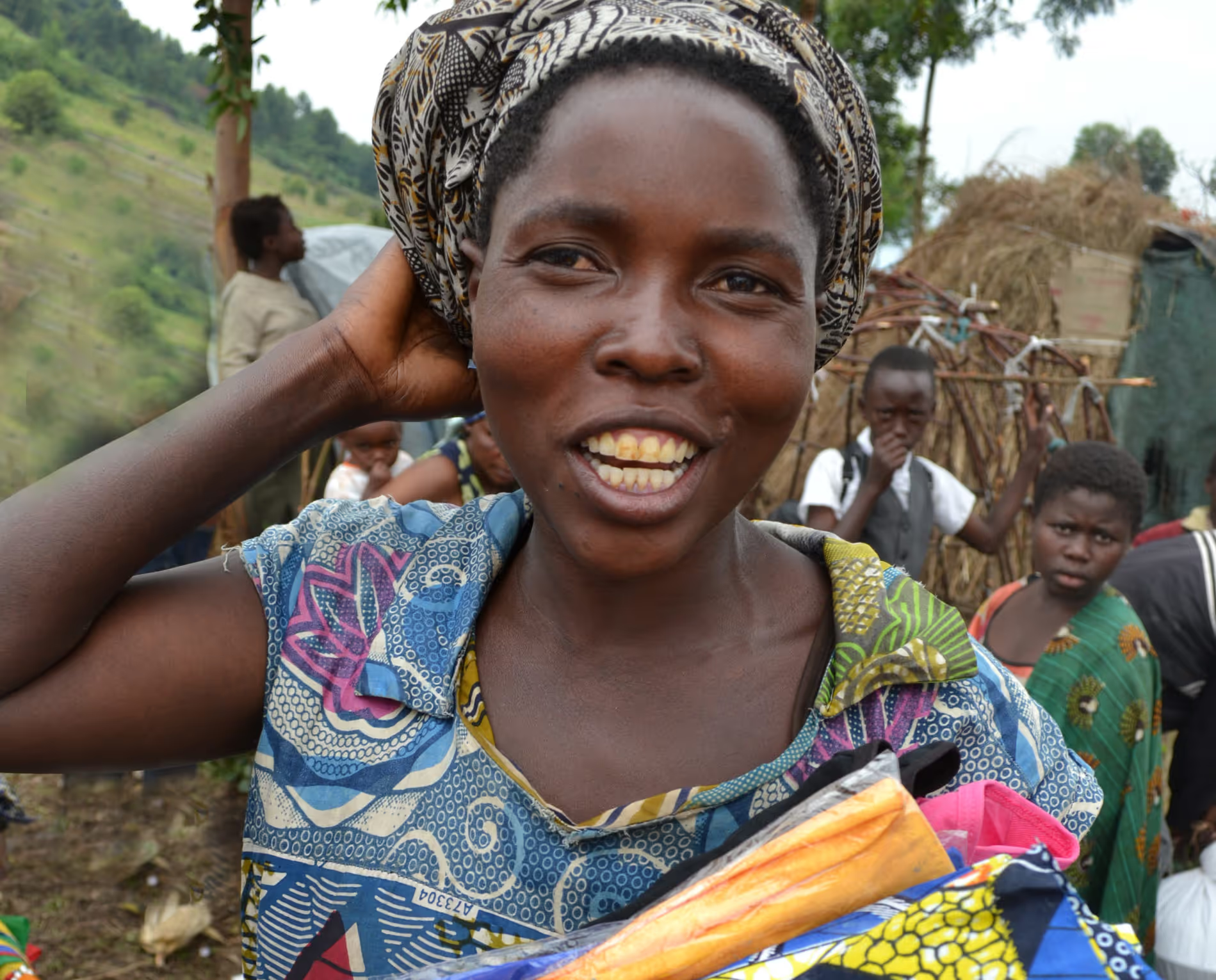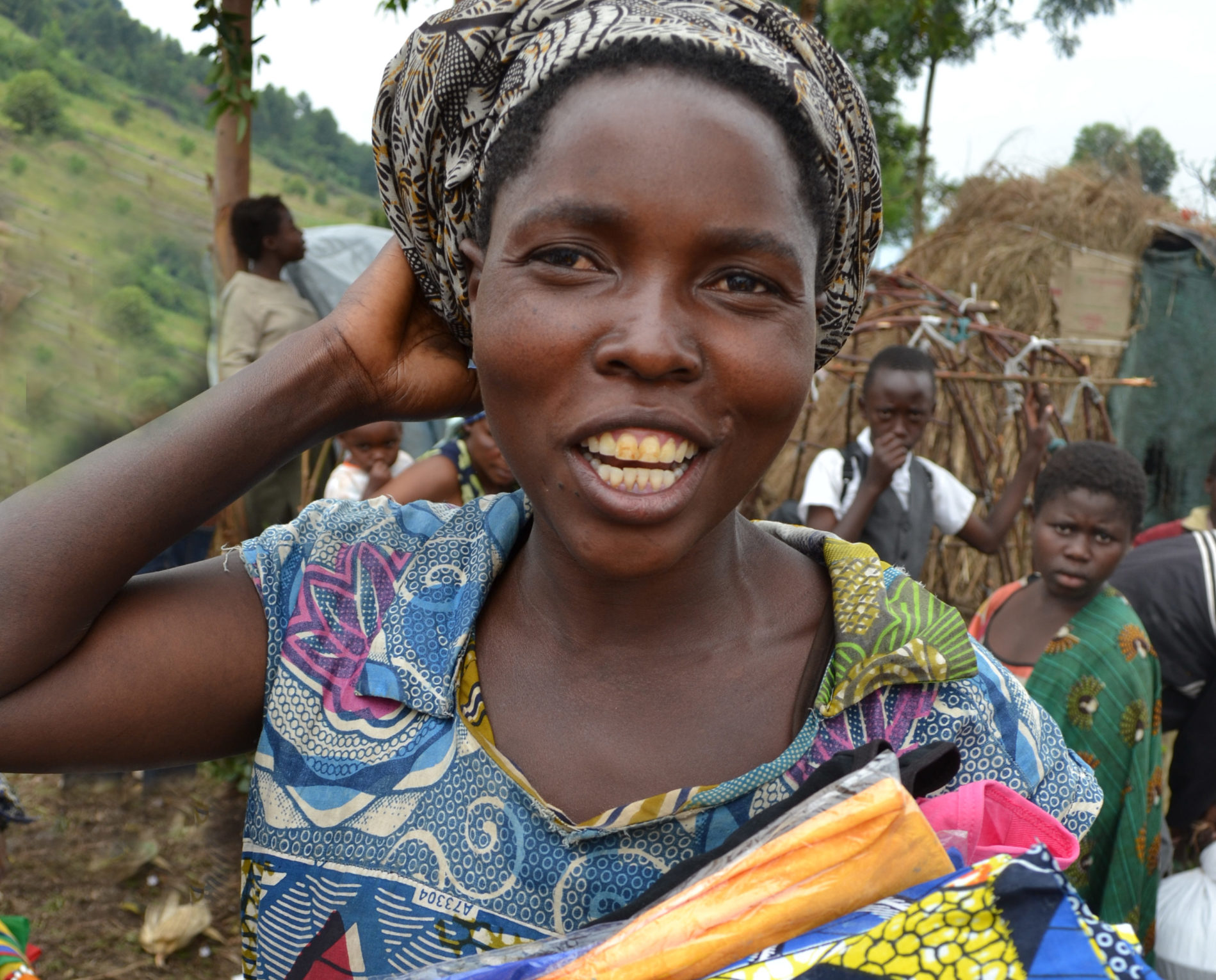Building a Cross-Sectoral Toolkit and Research Foundation for the Integration of Menstrual Hygiene Management into Emergency Response

Project overview
A new toolkit to support practitioners in delivering more effective menstrual hygiene management programming during humanitarian emergencies.
Project solution
This project offers [specific solution or intervention] to tackle [challenge]. By implementing [strategies, tools, or innovations], the project aims to achieve [desired outcomes]. The approach is designed to [specific actions or methods] to bring about meaningful change in [community, region, or issue area].
Expected outcomes
This project aims to achieve [specific outcomes], such as [measurable results, improvements, or changes]. The expected impact includes [benefits to the target community, advancements in research or innovation, or long-term effects]. By the end of the project, we anticipate [specific changes or milestones] that will contribute to [broader goals or objectives].
Principal Investigator: Marni Sommer, Columbia University
Research Snapshot
Mainstreaming is key for integrating menstrual hygiene management (MHM) effectively into emergency response
[.cta_link]View[.cta_link]
What did this study set out to achieve?
The project sought to better understand the ways in which humanitarian emergency organisations respond to adolescent girls’ and women’s menstrual hygiene management (MHM) needs in humanitarian emergency contexts, through key informant interviews and qualitative assessments with women, girls and staff in two different emergency contexts (in Myanmar and Lebanon). Informed by this research, a comprehensive Menstrual Hygiene Management toolkit was developed. The toolkit was piloted in a refugee camp setting in Tanzania using a process and endline evaluation to establish its effectiveness and use in an emergency setting. There was strong engagement of NGOs and UN agencies in the development of the final version of the toolkit, which has been published in open access format and widely disseminated within the sector.
What were the key findings?
- There was broad consensus on the value of the toolkit and the training activities for improving basic MHM understanding for an MHM response. The toolkit trainings were also important for convincing other sectoral actors, outside of the WASH sector, that they had a role to play in supporting MHM.
- Specific gaps in the tool-kit content were identified, for example the need for more guidance on vulnerable populations and links with the shelter sector. The indicators also needed to be simplified.
- There are three essential components for an MHM response – to ensure girls and women have access to: a) materials and supplies; b) information (including menstrual hygiene promotion and health education), and c) MHM supportive facilities (toilets and washing spaces).
- Consultation with girls and women remains the single most effective tool for ensuring that each of these three components are effectively and appropriately addressed.
- Undertaking direct qualitative consultations with women and girls about their experiences with menstruation was very successful and should be more routinely conducted in emergency contexts.
WHAT DOES THIS MEAN FOR POLICYMAKERS AND PRACTITIONERS?
Across sectors and organisations, there was consensus about the need for introducing structured guidance on MHM into response operations, tailored for humanitarian settings.
MHM responses are more effective when integrated into existing responses and activities, rather than ‘added-on’ as a new intervention. However, for long-term impact, efforts are needed to translate the key concepts into organisations and introduce a practice of follow-up within clusters for continued accountability and sustainability.
Strong buy-in across sectors and amongst humanitarian leadership is needed to frame MHM as an integrated and essential component of a routine response.
The toolkit will require revisions as further evidence is generated about effective MHM strategies in emergency contexts.
Project delivery & updates
Stay up to date with the latest developments from this project. Here, you will find details on what has been delivered, resources created, and regular updates as the project progresses. Access key documents, reports, and other materials to see how the project is making an impact.
Resources
Journal article
LEARN MOREJournal article
LEARN MOREJournal article
LEARN MOREResearch snapshot
LEARN MORECase study
LEARN MORE